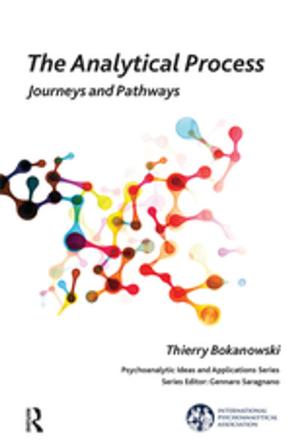Rounding Up the Usual Suspects?: Developments in Contemporary Law Enforcement Intelligence
Developments in Contemporary Law Enforcement Intelligence
Nonfiction, Social & Cultural Studies, Social Science| Author: | Peter Gill | ISBN: | 9781351735827 |
| Publisher: | Taylor and Francis | Publication: | February 6, 2018 |
| Imprint: | Routledge | Language: | English |
| Author: | Peter Gill |
| ISBN: | 9781351735827 |
| Publisher: | Taylor and Francis |
| Publication: | February 6, 2018 |
| Imprint: | Routledge |
| Language: | English |
This title was first published in 2000: Policing is associated more with "doing" than with "thinking", so how can policing be "intelligent"? This text attempts to answer questions on police intelligence, and discusses whether or not policing can re-invent itself in the Information age. By using emerging technological tools is policing changing or is it just using them to control the "dangerous classes"? The development of "intelligence-led policing" seeks to shift organizational practices in order to attain goals more effectively. Charting and explaining the progress of this shift is a central aim of this study. The author compares the police intelligence structures of the UK with North America, especially Canada and New York State. The book looks at the contributions made, by the Government, the police and the criminals to the development of intelligence policing.
This title was first published in 2000: Policing is associated more with "doing" than with "thinking", so how can policing be "intelligent"? This text attempts to answer questions on police intelligence, and discusses whether or not policing can re-invent itself in the Information age. By using emerging technological tools is policing changing or is it just using them to control the "dangerous classes"? The development of "intelligence-led policing" seeks to shift organizational practices in order to attain goals more effectively. Charting and explaining the progress of this shift is a central aim of this study. The author compares the police intelligence structures of the UK with North America, especially Canada and New York State. The book looks at the contributions made, by the Government, the police and the criminals to the development of intelligence policing.















